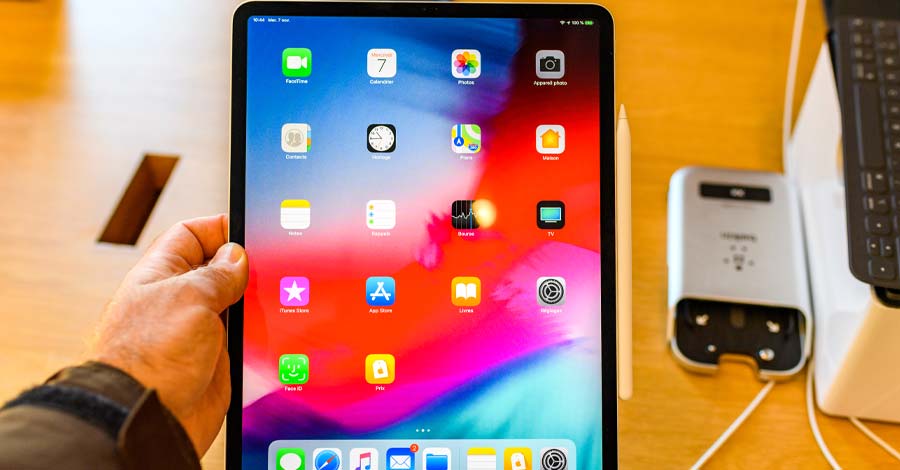How We Test Tablets
At Consumerreviews.tv labs, we undertake the evaluation of numerous tablets. This involves subjecting them to a rigorous assessment process to ascertain the leading performers among them.
tablet exist at the crossroads of mobile and home computing, serving diverse roles in people’s lives. They function as laptop substitutes for some individuals, while for others, they serve as entertainment tools to maintain children’s engagement during car rides. Given our annual assessment of numerous tablets, we adopt distinct methodologies tailored to the testing of these devices.
Physical Appearance

Physical Appearance of Tablets
Before delving into the dissolution testing process, it is essential to evaluate the physical appearance of the tablet. This includes checking the tablet’s size, weight, shape, and build quality. Any deviations from the expected parameters could indicate manufacturing defects or formulation issues. Additionally, it is crucial to visually inspect the tablet for scratches, dents, or other damage that may affect its performance or patient acceptability.
Display

Tablets Display
In today’s digital age, the display of a tablet is of utmost importance. Dissolution testing allows manufacturers to assess the tablet’s display quality, including factors like brightness, color accuracy, and responsiveness. It is crucial to ensure that the display meets the desired standards and provides an optimal viewing experience for users. Additionally, thorough testing should be conducted to identify any dead pixels or other defects that may compromise the tablet’s visual performance.
Performance
The performance of a tablet relies on its internal components, including the processor, RAM, and storage. Dissolution testing can be utilized to evaluate the tablet’s performance by running benchmarks that measure its capabilities in various tasks, such as web browsing, gaming, and video editing. This testing ensures that the tablet performs efficiently and meets the expectations of users, providing a seamless user experience.
Battery Life

Tablets Battery Life
The longevity of a tablet’s battery is a crucial factor for users, especially when considering portability and convenience. Dissolution testing can help assess the tablet’s battery life by subjecting it to various tasks until it runs out of power. This testing ensures that the tablet meets the desired standards for battery performance and can sustain extended usage without frequent recharging.
Camera
Tablets are often equipped with cameras, which are utilized for various purposes, including capturing photos and videos. Dissolution testing allows for the evaluation of the tablet’s camera image quality under different lighting conditions. This testing ensures that the tablet’s camera meets the desired standards, providing users with clear and high-quality images and videos.
Audio
The audio capabilities of a tablet, including speakers and headphone jacks, greatly impact the user experience, especially for multimedia consumption and communication purposes. Dissolution testing can help evaluate the tablet’s speakers, ensuring they deliver loud and clear audio. Additionally, the tablet’s headphone jack can be tested to ensure optimal performance when using headphones or external audio devices.
Software
The software aspect of a tablet, including the operating system, apps, and games, is crucial for a seamless user experience. Dissolution testing can help assess the tablet’s software stability and performance. It ensures that the tablet’s operating system functions smoothly and that the installed apps and games run without glitches or crashes. This testing guarantees that the tablet provides a reliable platform for users’ digital needs.
Conclusion
Dissolution testing is a scientific process that plays a vital role in ensuring the quality, safety, and efficacy of tablets. By assessing various aspects of tablet quality control, such as physical appearance, display, performance, battery life, camera, audio, and software, dissolution testing helps to guarantee that tablets meet the required standards. Pharmaceutical companies rely on this testing to produce high-quality tablets that deliver the intended therapeutic effects to patients. As technology advances, dissolution testing continues to evolve, enabling more accurate and comprehensive assessments of tablet quality. Through this scientific approach, the tablet industry can continue to innovate and provide consumers with reliable and effective products.




